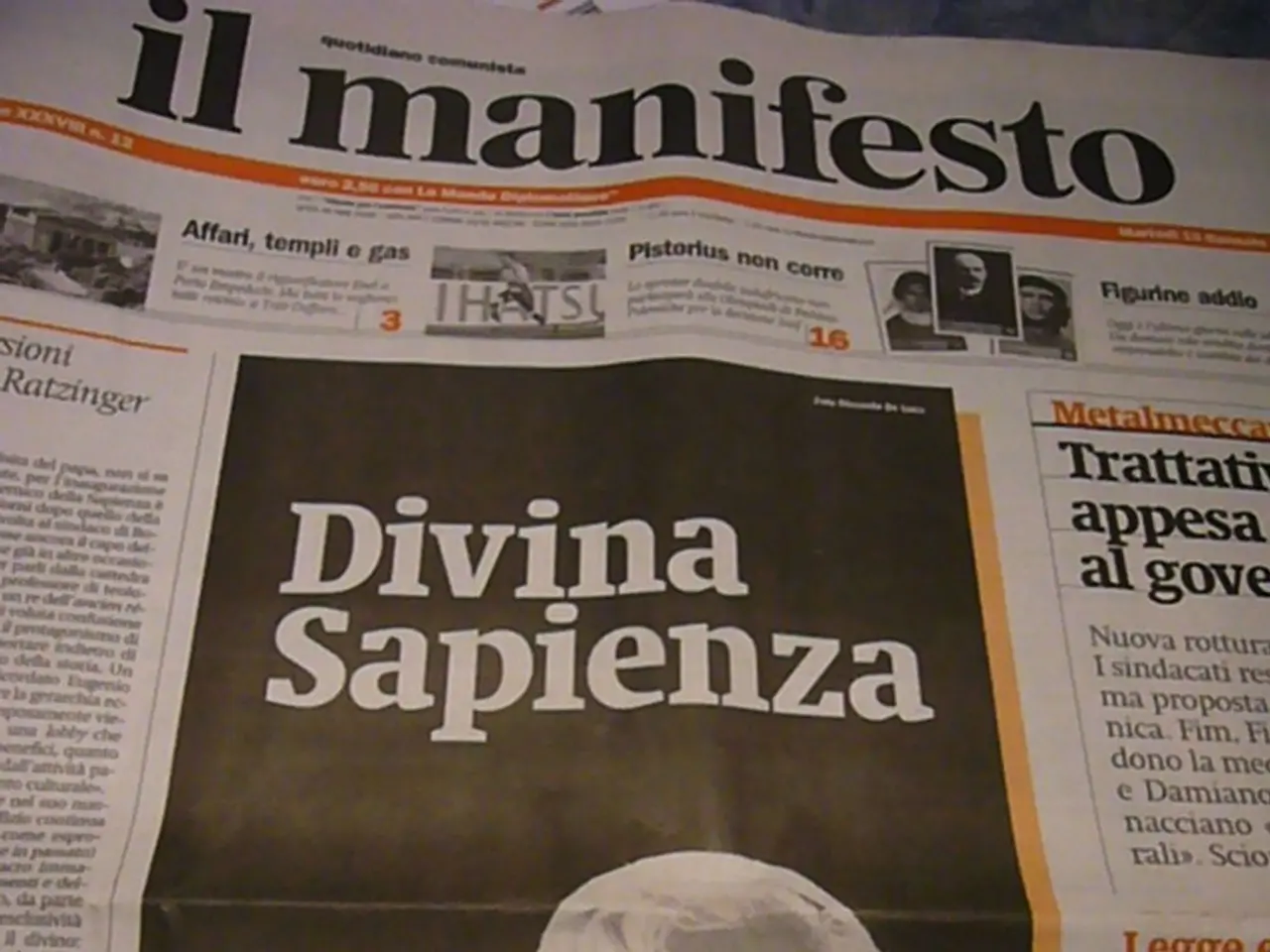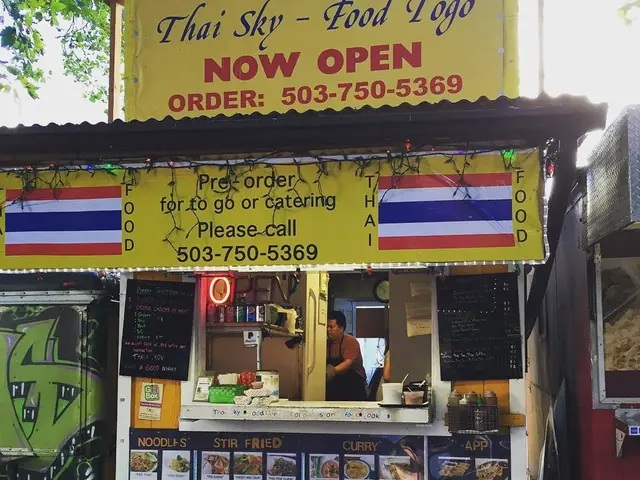Taiwan's Anti-Infiltration Law Sparks Controversy Ahead of Elections
Taiwan's anti-infiltration law, passed on 31 December 2019, has sparked controversy. The law aims to counter 'hostile foreign forces', including misinformation, ahead of the January 2020 elections. Pro-Beijing media outlets, such as Want Want Media Group and MasterChain, have been in the spotlight due to their perceived influence and tactics.
Before the elections, Want Want Media Group was accused of pushing a narrative against the anti-infiltration law to boost the Kuomintang's campaign. The law, however, prohibits foreign entities from interfering in elections, lobbying, and political contributions, as well as spreading false information.
MasterChain, another pro-Beijing outlet, has been criticised for hiring former Taiwanese officials as senior media personalities, raising concerns about a potential cross-strait intelligence network. Chang Yu-shao, a researcher at the Cross-Strait Policy Association, argues that MasterChain aligns with the CCP's 'united front' political offensive. In protest, MasterChain announced its departure from the Taiwanese market after the law's enactment.
The Mainland Affairs Council suggested discussing 'red media' infiltration within the framework of radio and television laws. The New Power Party proposed amendments targeting 'red media' outlets, but the Democratic Progressive Party rejected them. Some view the anti-infiltration law as an attempt to curb Beijing's influence in Taiwan, while others debate its implications on press freedom.
The anti-infiltration law's enactment has led to significant reactions from pro-Beijing media outlets. Want Want Media Group's pre-election narrative and MasterChain's departure highlight the law's impact on perceived foreign influence in Taiwan's elections. The debate surrounding the law continues, with discussions on its potential effects on press freedom and Beijing's influence.
Read also:
- Germany's Coalition Explores Social Security Reforms Amid Record Spending
- chaos unveiled on Clowning Street: week 63's antics from 'Two-Tier Keir' and his chaotic Labour Circus
- Europe imposes sanctions on Russia, simultaneously courting the US, by focusing on China in the latest round of penalties
- Trump announces Chinese leader's approval of TikTok arrangement








